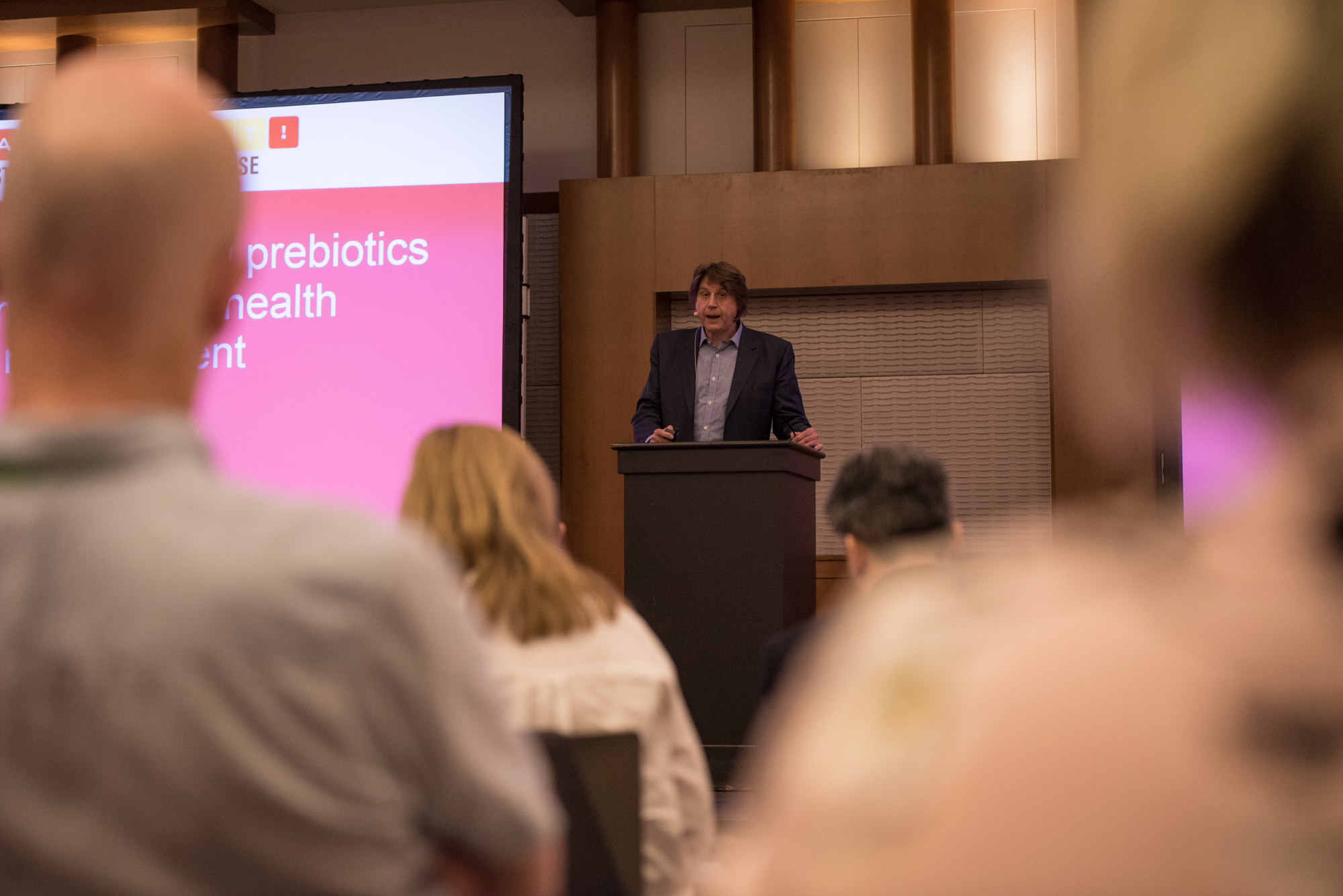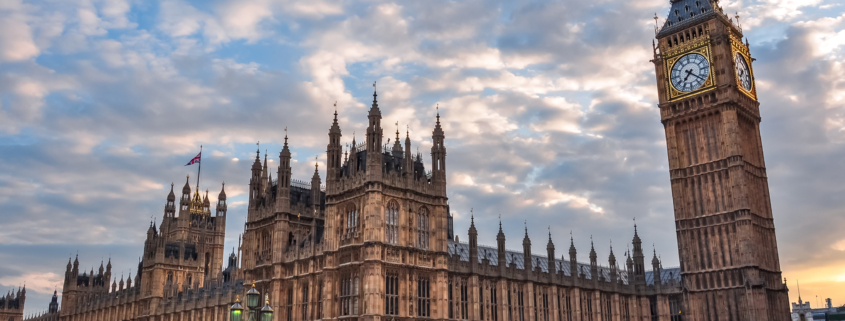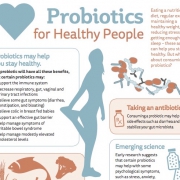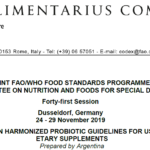ISAPP helps inform UK Parliament
By Prof. Glenn Gibson, University of Reading, UK
An All Party Parliamentary Group (APPG) was inaugurated in February 2019 in the UK. Its purpose is: “to highlight the role of the gut microbiome in physical and mental health and its capacity to prevent many disorders and improve or slow others; to inform debate about how this will save money for the Treasury and NHS; and to enable communications between interested parties and relevant parliamentarians.” At this stage, over 80 MPs and Peers are currently involved, with Julie Elliott MP as chair.

iStock photo. Credit: Vladislav Zolotovby. Houses of Parliament and Big Ben at sunset, London, UK.
The APPG meetings (6 per year) provide opportunities to share information based on sound science and reality, not hype, so that parliamentarians can take appropriate action when opportunities arise. Specific experts are invited to give the evidence, and the topics discussed so far include:
- overview of gut microbiology and health
- potential savings for the NHS/treasury if evidenced probiotics and prebiotics were to be applied to specific clinical states
- management of gut health in elite athletes
- benefits of pro- and prebiotics for the wider community

Alan Barnard presents about the APPG at the 2019 ISAPP annual meeting.
Scientific advisors for the APPG are ISAPP board of directors member Dr. Glenn Gibson, Dr. Kirsty Hunter (Nottingham Trent University), and Dr. Gemma Walton (University of Reading). The secretariat is Alan Barnard. Kirsty and Alan attended the ISAPP 2019 annual meeting in Antwerp to give an overview of the aspirations and format of the APPG. The advisors use ISAPP science to drive the communications, including the organization’s review articles, consensus statements, infographics, videos, and selected working group summaries from the annual meetings. ISAPP anticipates further involvement with the APPG, including a future meeting featuring Gregor Reid’s outstanding probiotic research in the developing world.















